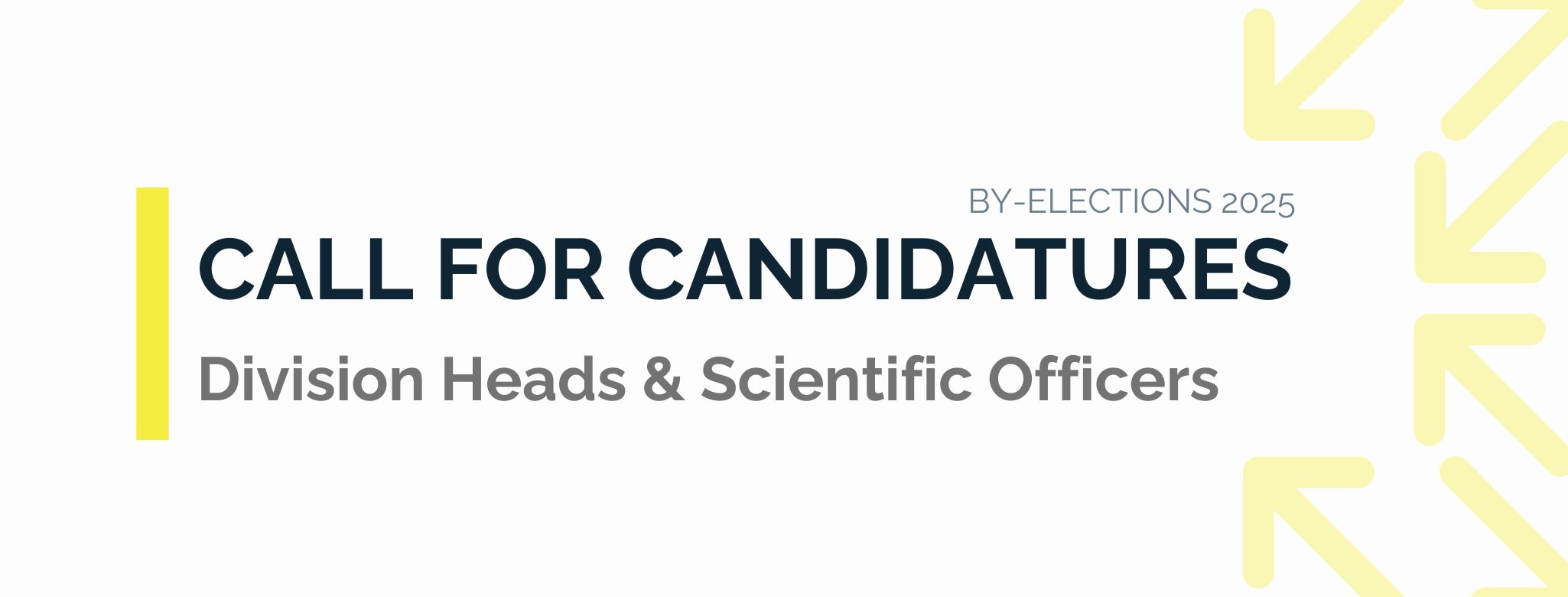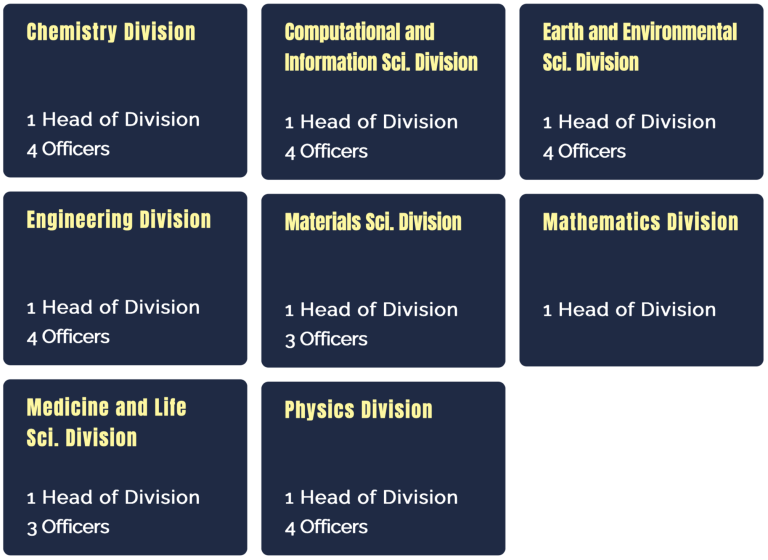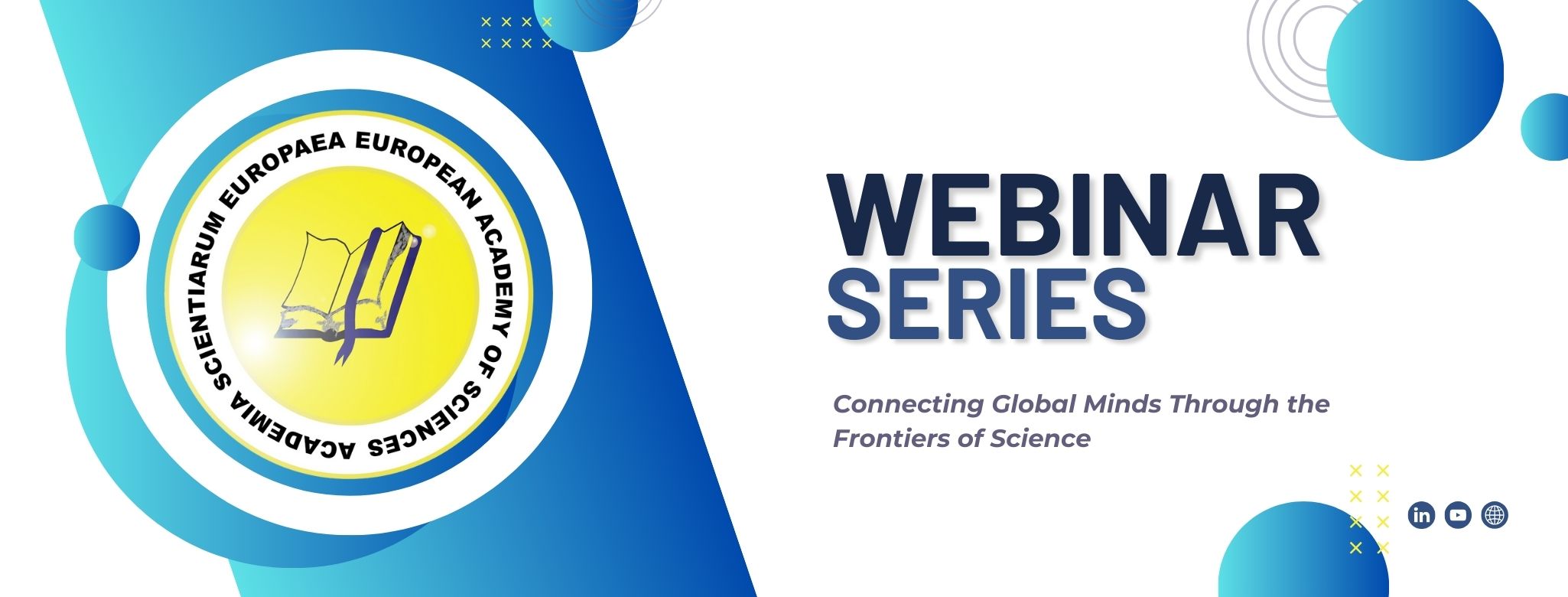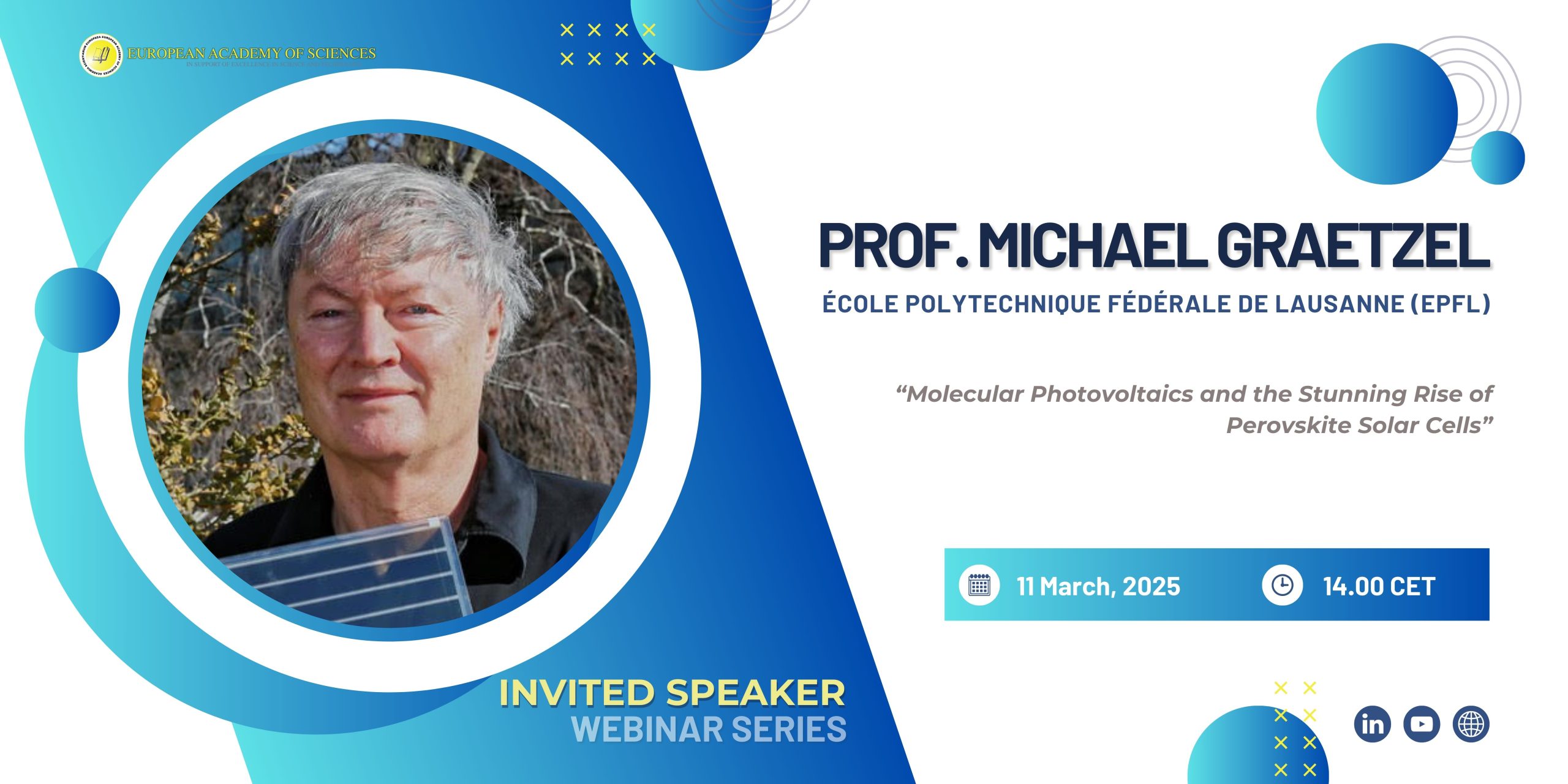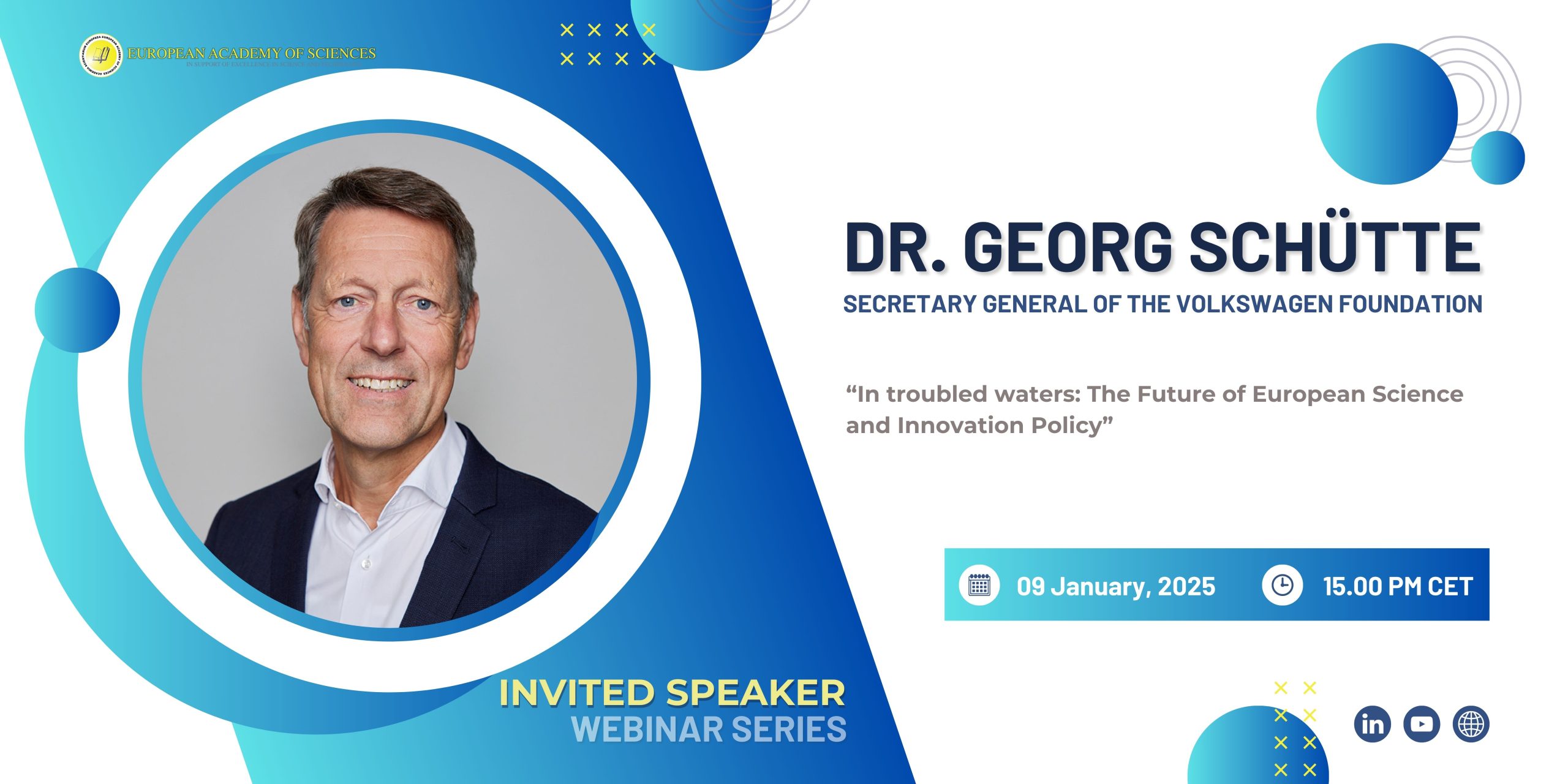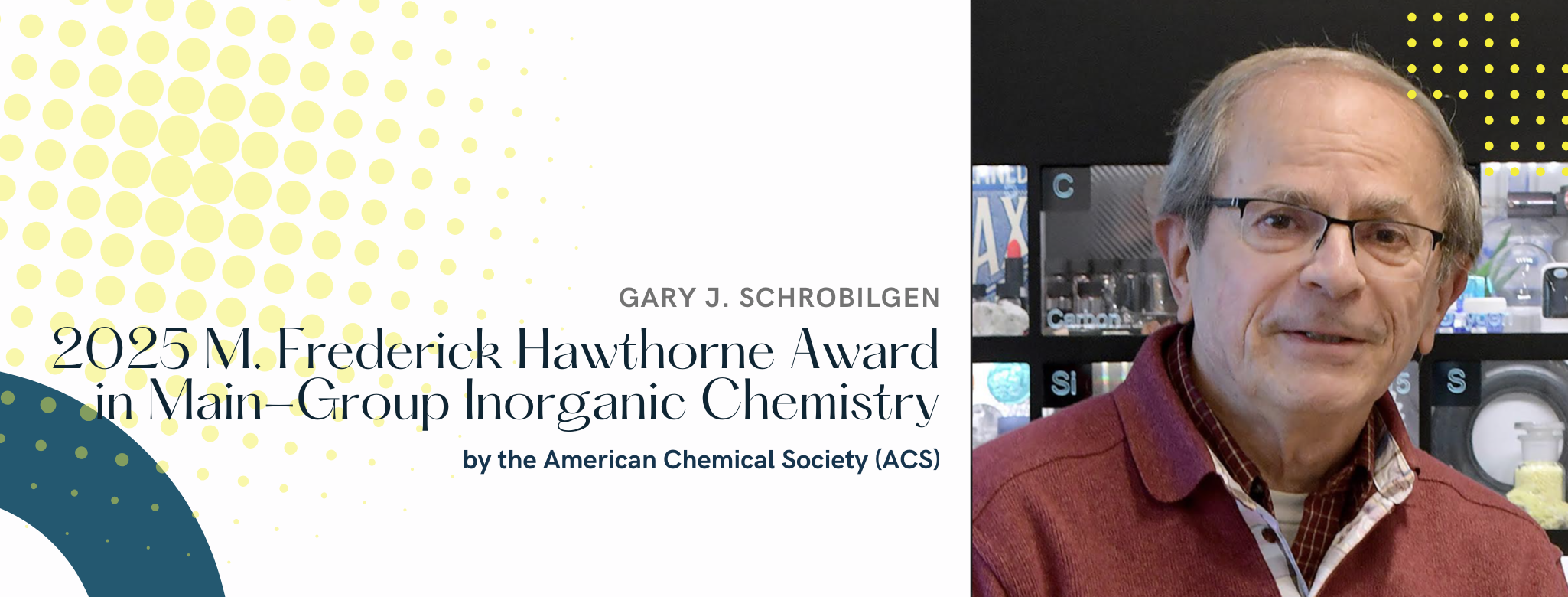
The European Academy of Sciences (EurASc) proudly celebrates the remarkable achievement of Prof. Gary J. Schrobilgen, Emeritus Professor of Chemistry at McMaster University, who has been honored with the 2025 M. Frederick Hawthorne Award in Main-Group Inorganic Chemistry, presented by the American Chemical Society (ACS).
Recognition for Excellence in Main-Group Inorganic Chemistry
Prof. Schrobilgen has been named the recipient of this prestigious award in recognition of his pioneering contributions to the synthetic chemistries of Group 13–18 elements, including strong oxidizers, hypervalent species, high-oxidation-state compounds, and polyatomic anions.
Supported by an endowed fund established by M. Frederick Hawthorne, UCLA, and colleagues, the award will be presented at the ACS Spring National Meeting in San Diego, California (March 23–27, 2025). A dedicated symposium in his honor, jointly organized by the ACS Divisions of Fluorine Chemistry and Inorganic Chemistry, will take place at the ACS Fall 2025 National Meeting in Washington, D.C. (August 17–21, 2025).
Prof. Schrobilgen has confirmed that he will receive the Hawthorne Award later this month in San Diego and will share official photos from the event upon his return to Canada in early April.
A Legacy of Scientific Excellence
Prof. Schrobilgen’s work has profoundly expanded the boundaries of synthetic and structural inorganic chemistry, particularly in noble-gas compounds, multinuclear magnetic resonance, Raman spectroscopy, and X-ray crystallography. His pioneering research in fluorine chemistry continues to inspire new discoveries and advancements in the field.
EurASc extends its warmest congratulations to Prof. Schrobilgen for this exceptional achievement, further solidifying his legacy as a global leader in chemistry.
🔗 Stay tuned for event photos and updates in the coming months!
#EurASc #ScientificExcellence #FluorineChemistry #InorganicChemistry #ACS #GarySchrobilgen



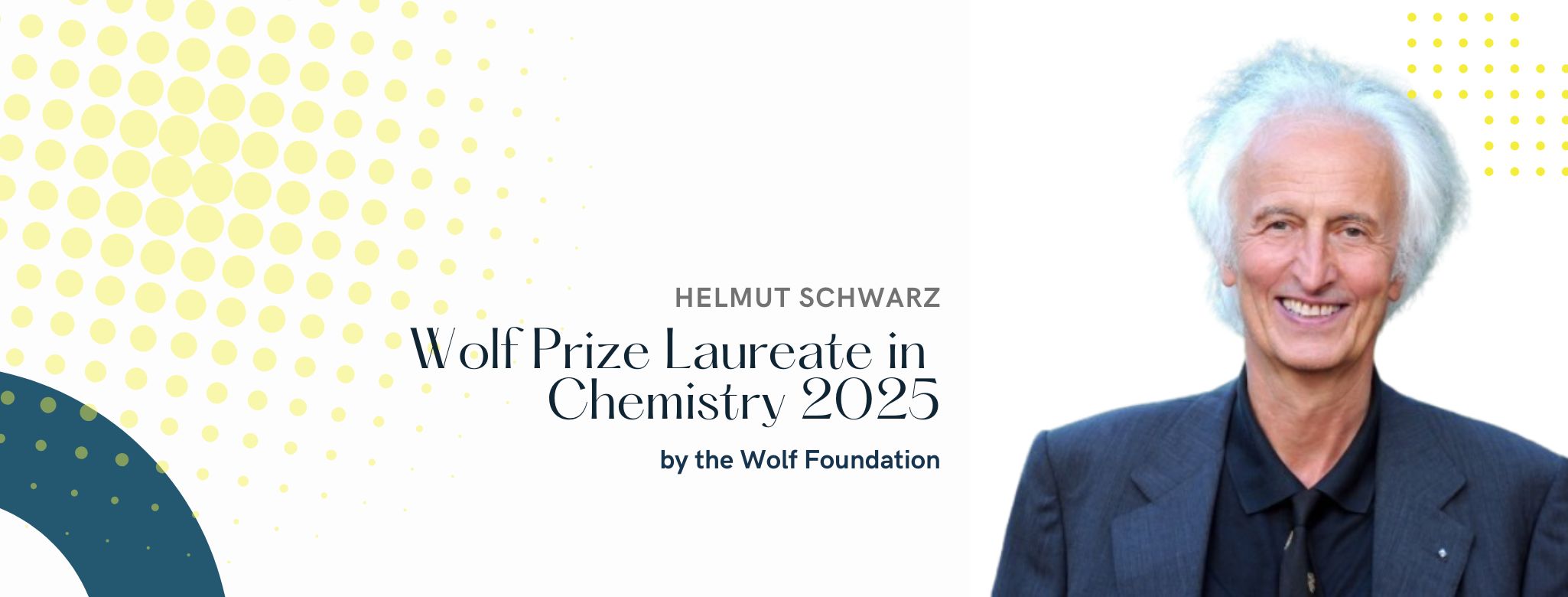


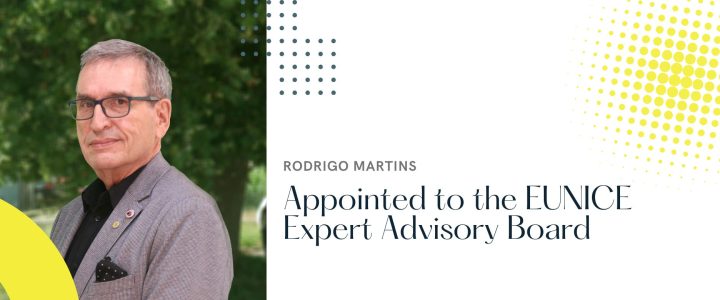






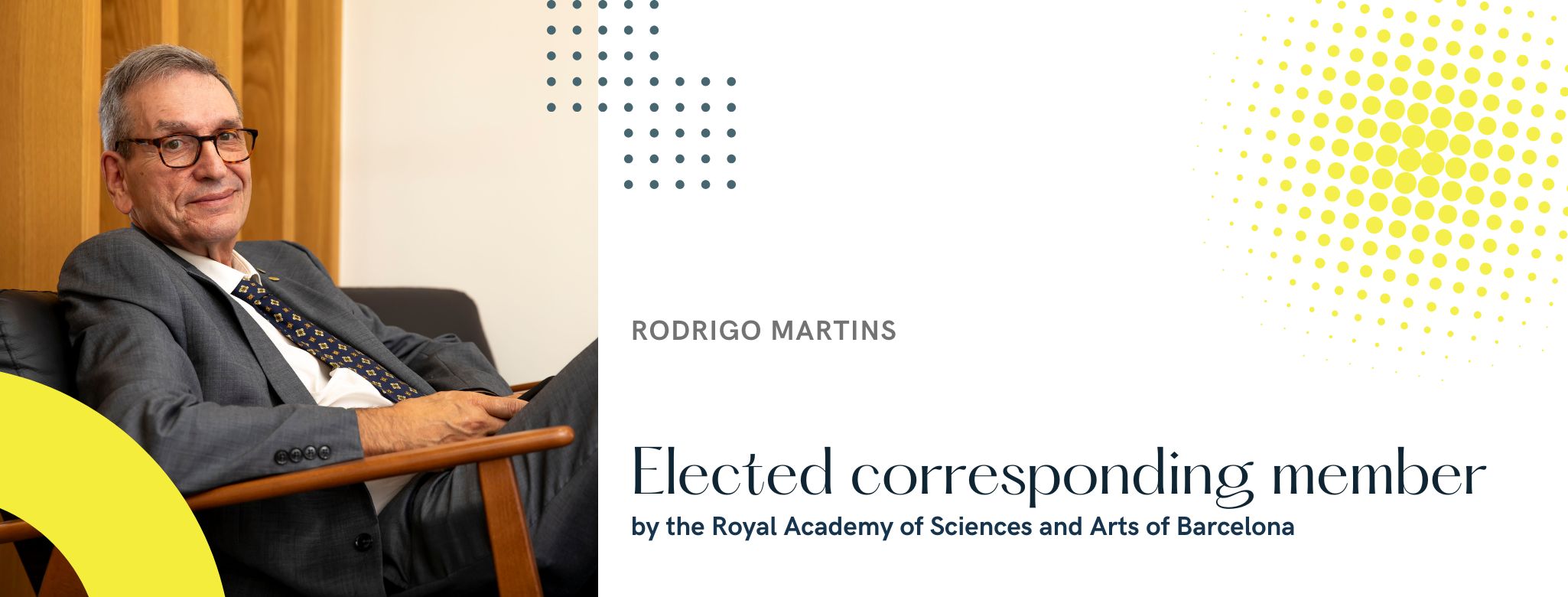
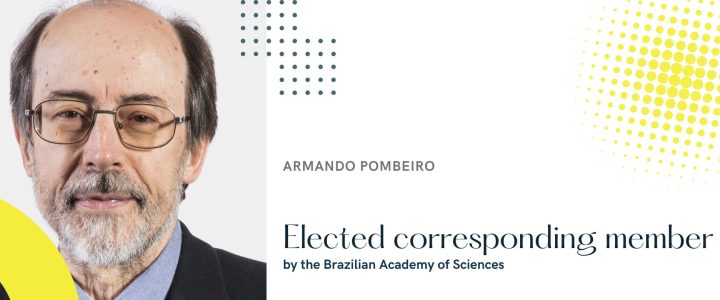
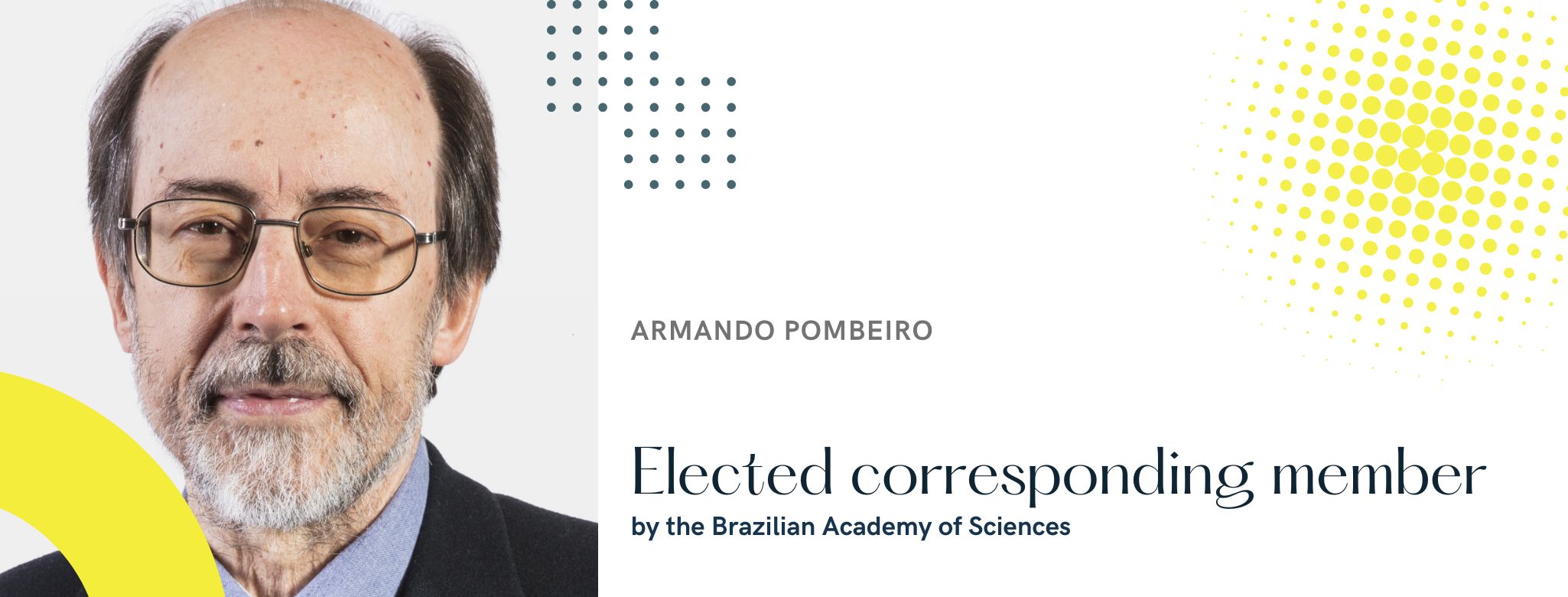
 More about Professor Pombeiro:
More about Professor Pombeiro: 


